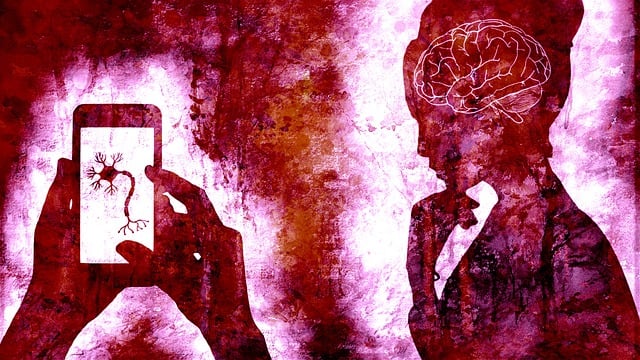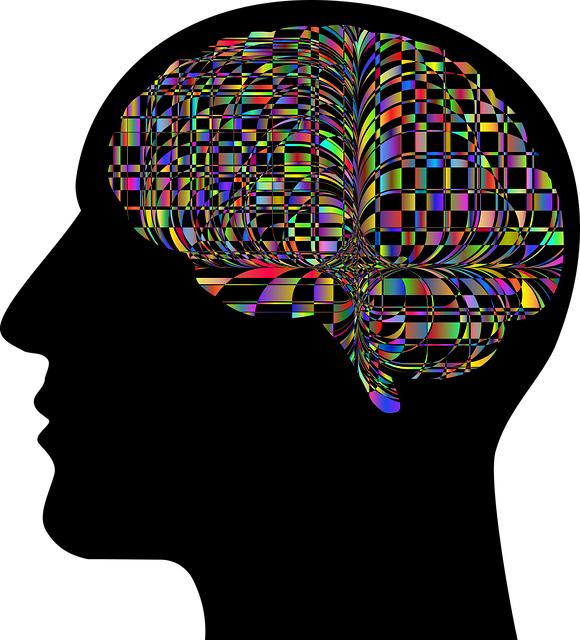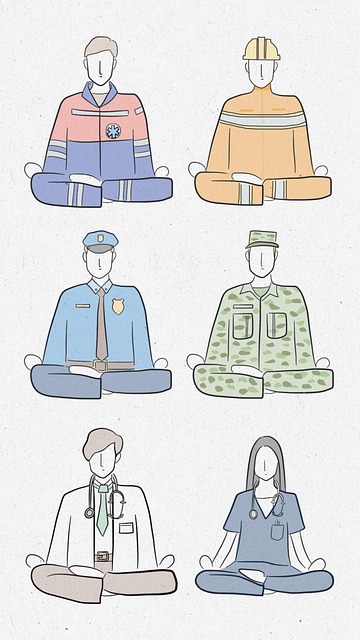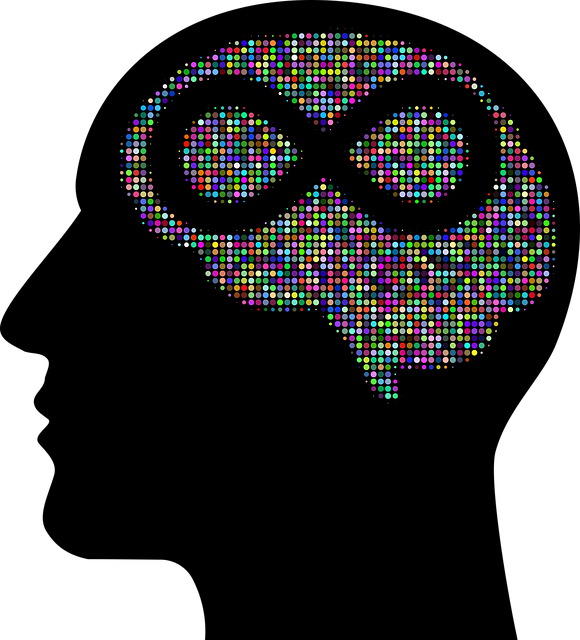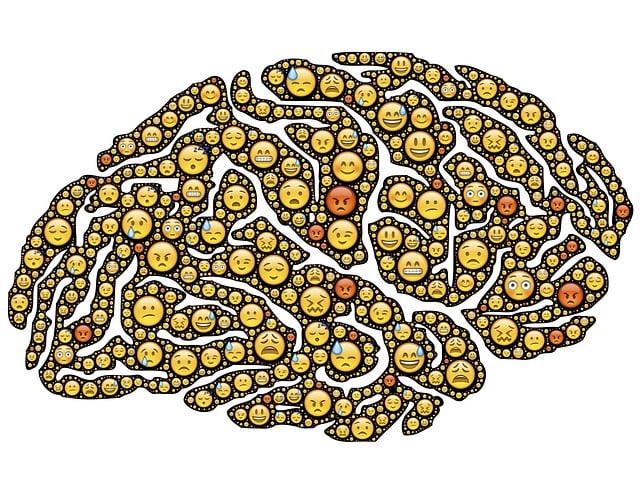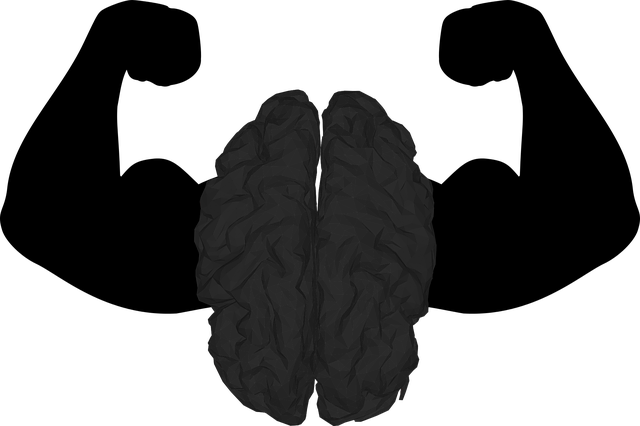Cultural competency in healthcare is crucial for providing inclusive, effective care in today's diverse medical environment. By addressing unconscious biases and implementing strategies like self-awareness exercises and training, healthcare providers can mitigate misdiagnoses and improve patient satisfaction, especially when integrating therapeutic approaches like Golden Divorce Therapy. Effective communication, tailored to individual patient needs, builds trust and reduces stigma, fostering a safe space for vulnerability and mental health discussions. Incorporating Golden Divorce Therapy into training equips professionals with cultural sensitivity, enhancing patient-provider relationships and improving overall treatment outcomes.
Healthcare provider cultural competency training is essential for delivering optimal patient care in our diverse society. This article explores critical components of cultural competence, delving into its significance as the golden standard in healthcare. We discuss the detrimental impact of unconscious bias and stereotypes on medical interactions and present effective communication strategies to build trust with diverse patients. Additionally, we introduce Golden Divorce Therapy as a culturally sensitive approach to navigating mental health treatment across cultural differences.
- Understanding Cultural Competency in Healthcare: The Golden Standard for Patient Care
- The Impact of Bias and Stereotypes on Medical Interactions: A Pitfall to Avoid
- Effective Communication Strategies for Building Trust with Diverse Patients
- Incorporating Golden Divorce Therapy: Navigating Cultural Differences in Mental Health Treatment
Understanding Cultural Competency in Healthcare: The Golden Standard for Patient Care

Cultural competency in healthcare is a vital aspect that goes beyond treating symptoms; it involves understanding and respecting diverse patient backgrounds, beliefs, and values. This concept is the golden standard for patient care, ensuring every individual receives personalized attention tailored to their unique cultural identity. In today’s diverse medical landscape, healthcare providers must be adept at navigating different cultures, languages, and traditions to offer effective treatment.
By embracing cultural competency, therapists can bridge the gap between patients and modern therapy practices, such as Golden Divorce Therapy, making it more inclusive and accessible. This approach not only enhances patient satisfaction but also improves outcomes. Through self-awareness exercises and burnout prevention strategies, healthcare professionals can develop the necessary skills to deliver compassionate care, effectively address depression prevention concerns, and foster a supportive environment for all patients, regardless of their cultural backgrounds.
The Impact of Bias and Stereotypes on Medical Interactions: A Pitfall to Avoid

Unconscious biases and stereotypes can significantly impact medical interactions, creating a barrier to effective healthcare delivery and patient trust. When healthcare providers carry preconceived notions or generalizations about certain cultural groups, it may lead to misdiagnoses, inadequate treatment plans, and a breakdown in communication. For instance, a provider’s assumption that a patient’s symptoms are solely culture-bound rather than exploring potential underlying issues can hinder access to necessary care.
This pitfall is particularly concerning as it can contribute to health disparities and negatively affect vulnerable populations. For example, Golden Divorce Therapy, while valuable for some, might not resonate with all cultural backgrounds due to differing family structures and values. By acknowledging and addressing these biases through comprehensive training, healthcare providers can ensure they offer culturally sensitive care, fostering a safe environment where patients feel understood and supported, ultimately enhancing the quality of services provided and promoting positive outcomes, including improved emotional well-being promotion techniques and self-care practices.
Effective Communication Strategies for Building Trust with Diverse Patients

Effective communication strategies are a cornerstone of building trust with diverse patients, addressing potential barriers that might arise due to cultural differences or mental illness stigma. Healthcare providers must learn to adapt their approach based on individual patient needs, ensuring clear and empathetic dialogue. Encouraging open conversations, actively listening, and demonstrating genuine interest in understanding the patient’s perspective can foster a safe space for vulnerability and truth-telling, essential elements of Golden Divorce Therapy principles.
Mental illness stigma reduction efforts play a significant role in facilitating these interactions. By promoting positive thinking and normalizing discussions about mental health, healthcare professionals can create an environment where patients feel empowered to share their experiences without fear of judgment. This, coupled with robust risk management planning for mental health professionals, ensures that patient-provider relationships remain strong, enabling effective treatment and improved outcomes.
Incorporating Golden Divorce Therapy: Navigating Cultural Differences in Mental Health Treatment

Incorporating Golden Divorce Therapy into healthcare provider training is a novel approach to navigating cultural differences in mental health treatment. This therapy technique emphasizes the importance of understanding and addressing interpersonal conflicts, which often manifest as emotional and psychological stress within diverse communities. By integrating these practices, healthcare professionals can gain valuable insights into culturally specific coping mechanisms and conflict resolution strategies. Such an integration fosters improved patient-provider relationships, especially when dealing with individuals from various ethnic, cultural, or social backgrounds.
The Stress Management Workshops Organization highlights the pressing need for emotional intelligence and burnout prevention among healthcare providers. Golden Divorce Therapy serves as a powerful tool in these workshops, enabling practitioners to offer more personalized and culturally sensitive care. Through role-playing scenarios and interactive discussions, participants learn to recognize and respect cultural differences, leading to enhanced empathy and effective communication. This, in turn, promotes better mental health outcomes and strengthens the therapeutic bond between healthcare providers and their patients.
Healthcare provider cultural competency training is no longer a choice, but an essential component for delivering high-quality patient care. By understanding cultural nuances, recognizing and mitigating biases, employing effective communication strategies, and incorporating innovative approaches like Golden Divorce Therapy, healthcare professionals can create inclusive environments that build trust and improve outcomes for diverse patient populations. Investing in this training is not just a moral imperative; it’s a competitive advantage in today’s diverse healthcare landscape.
